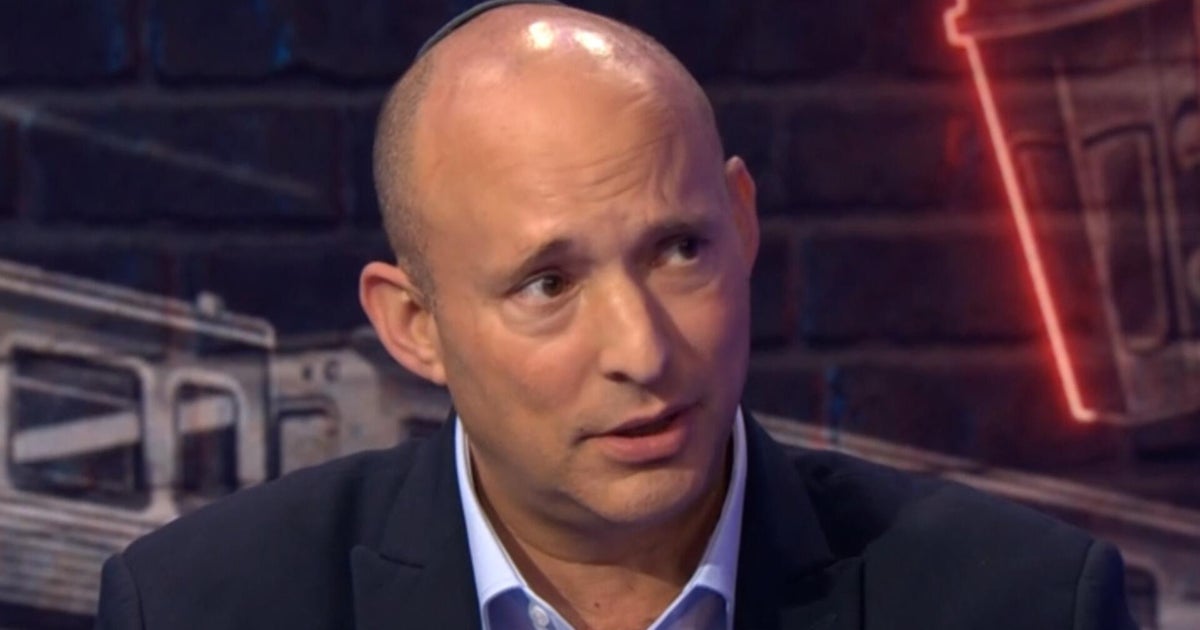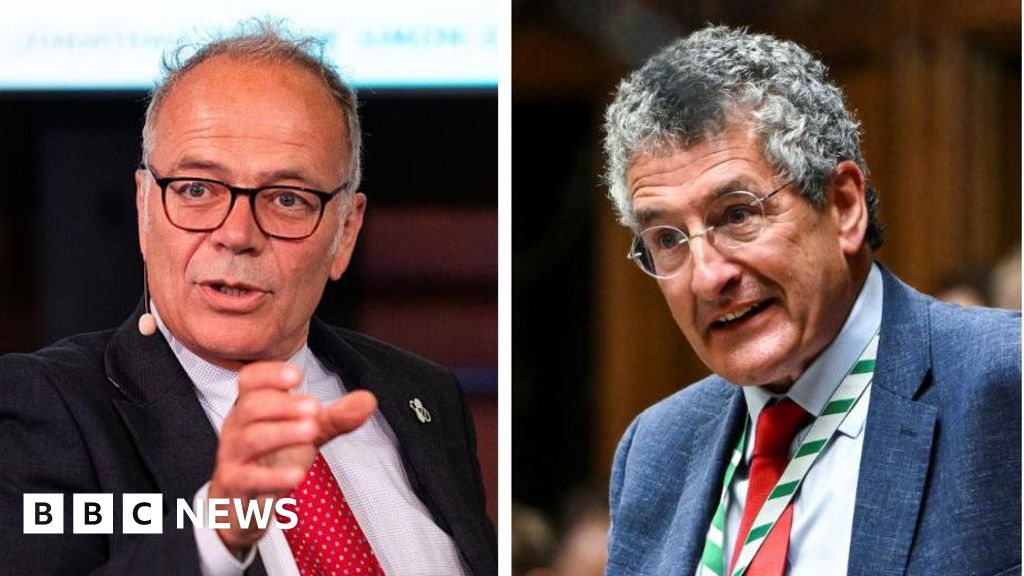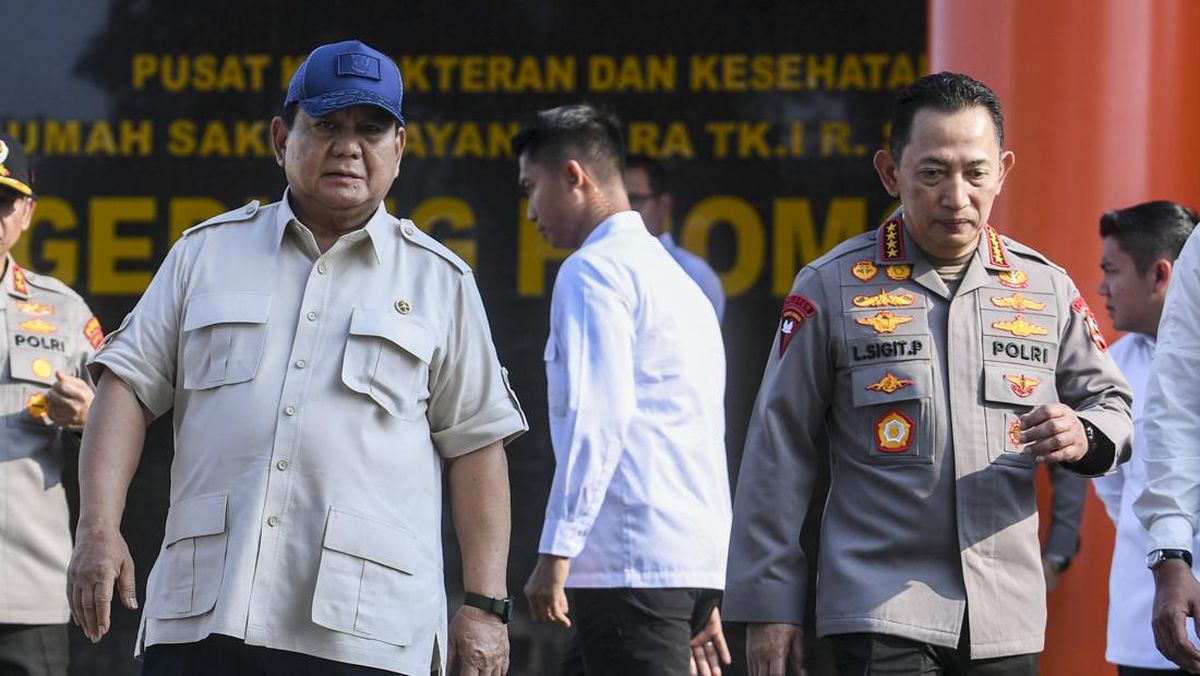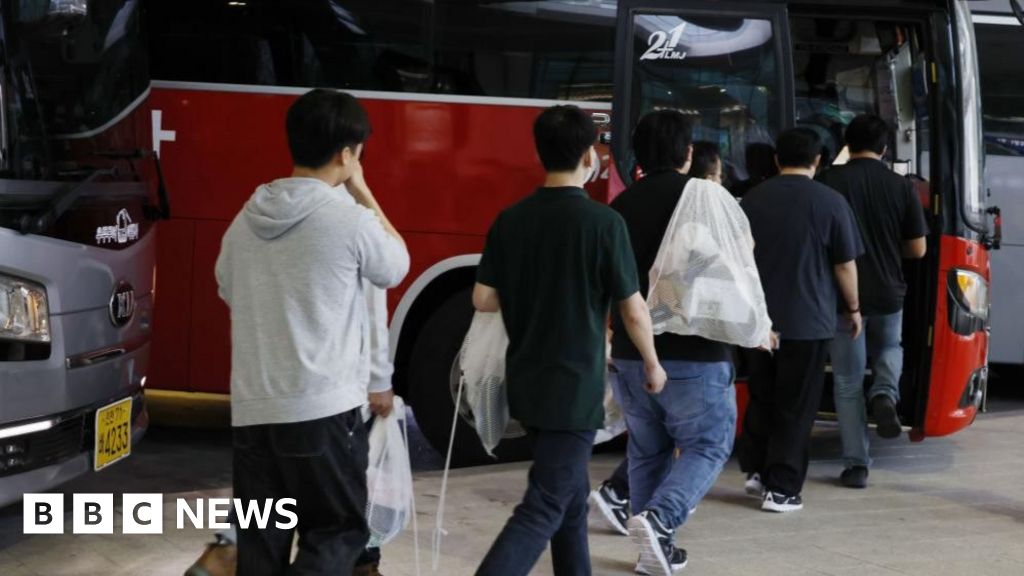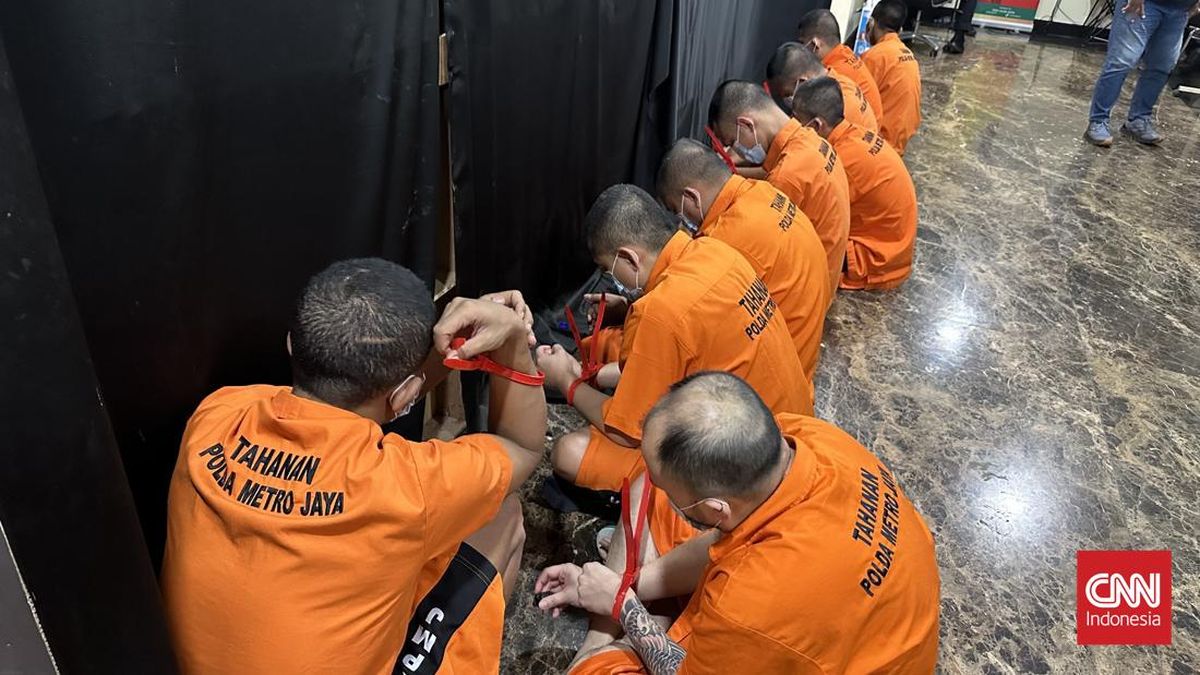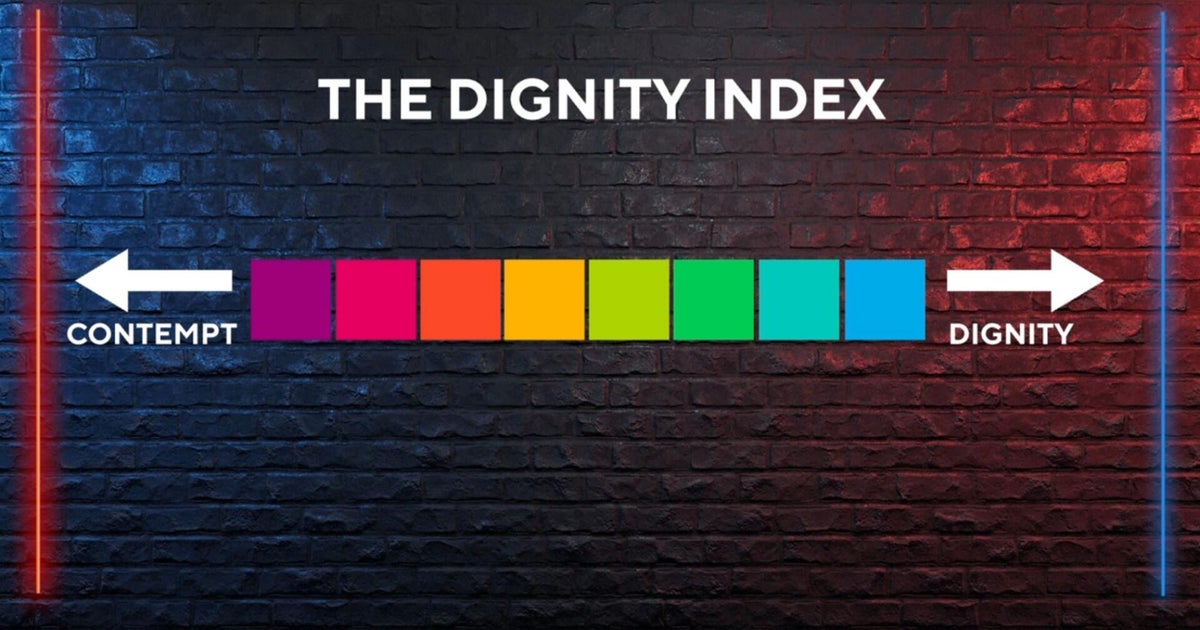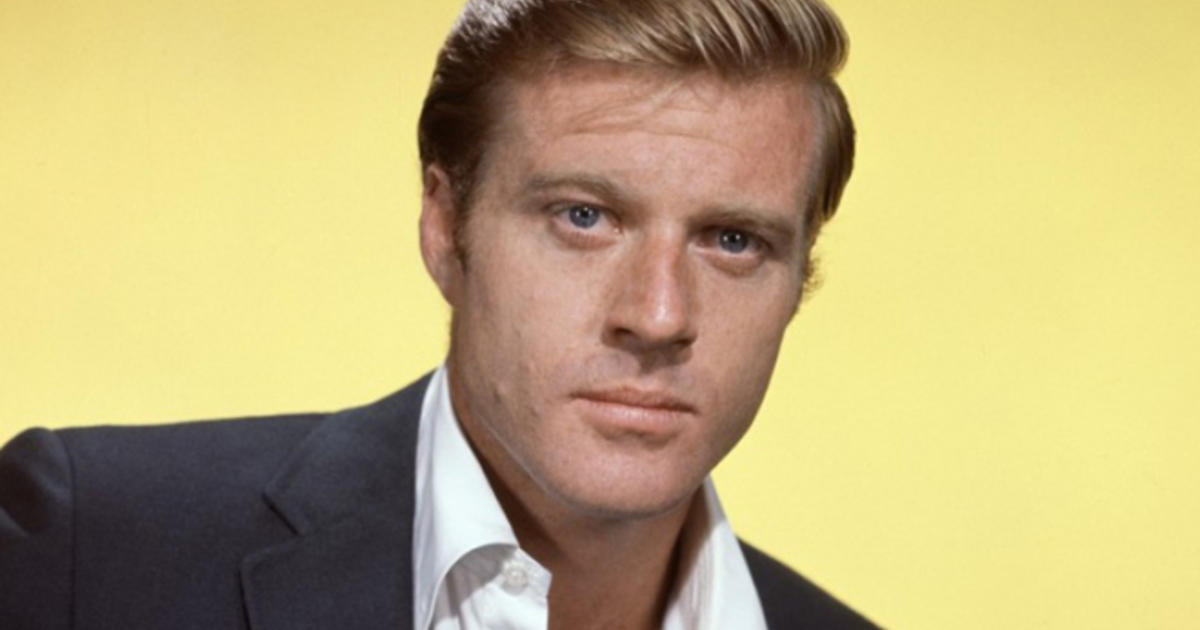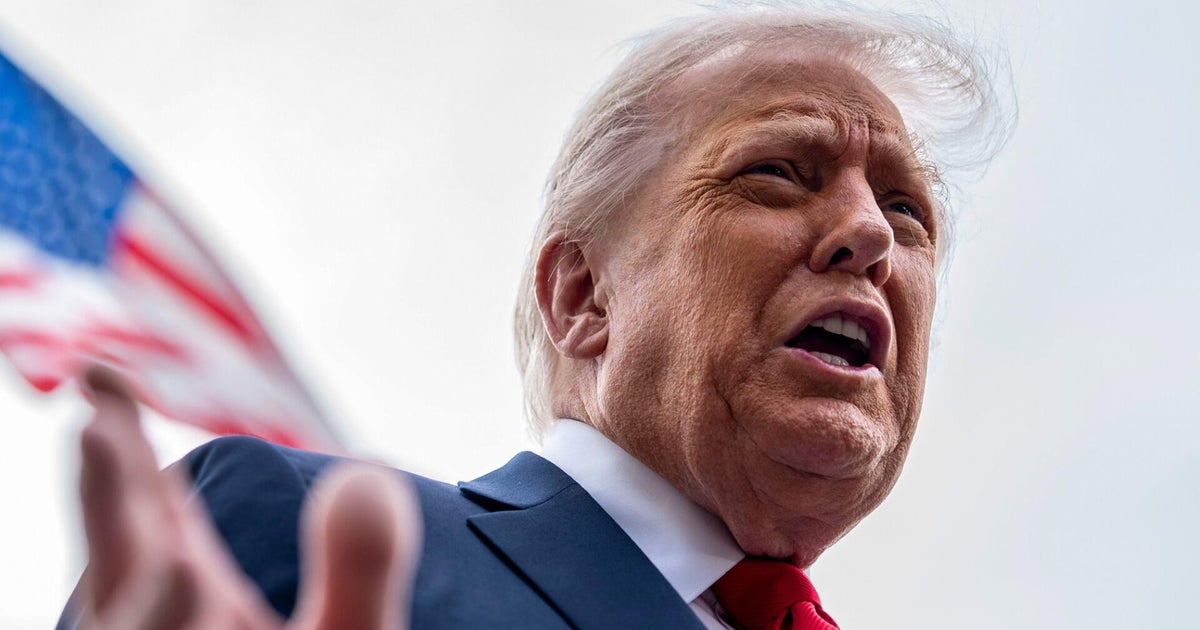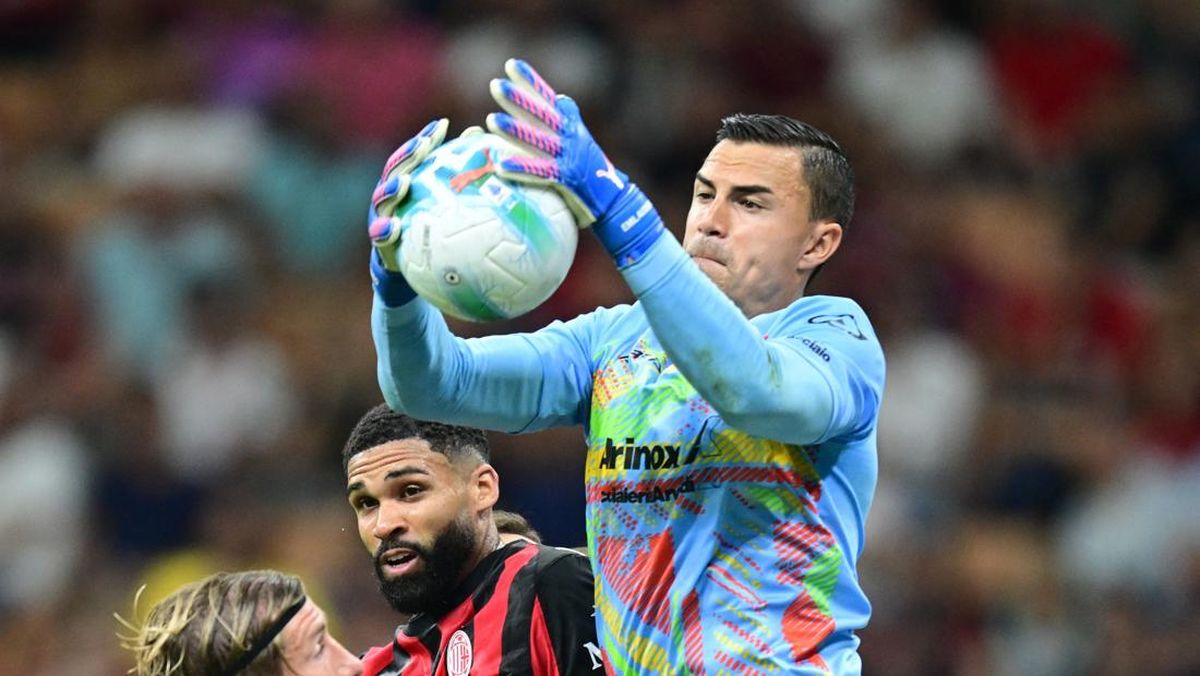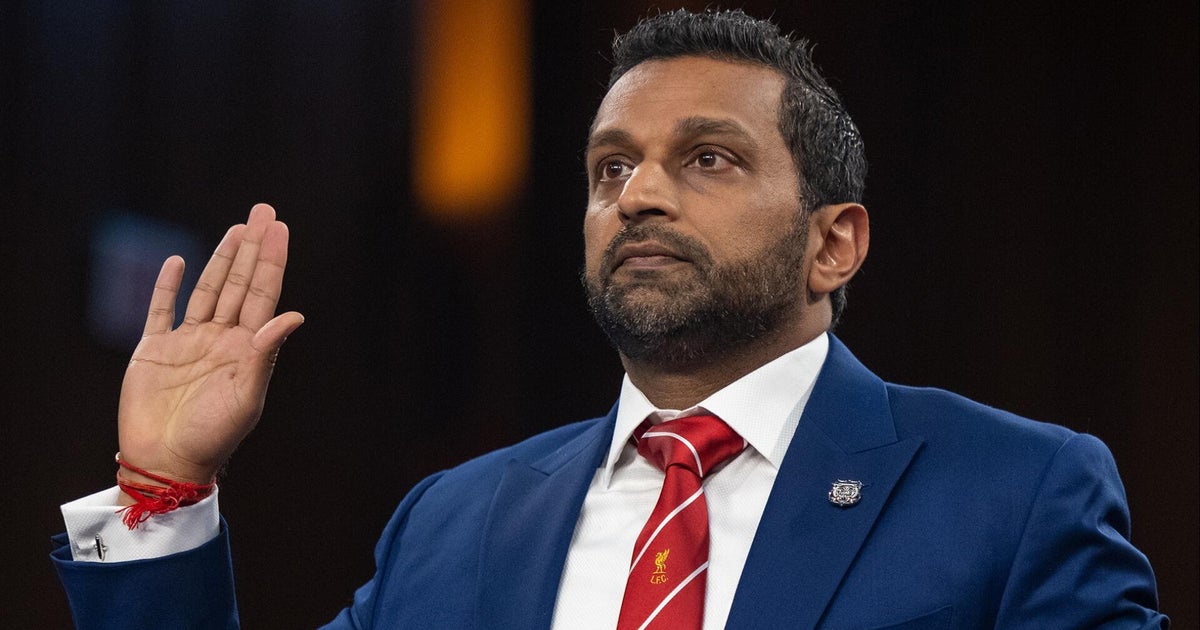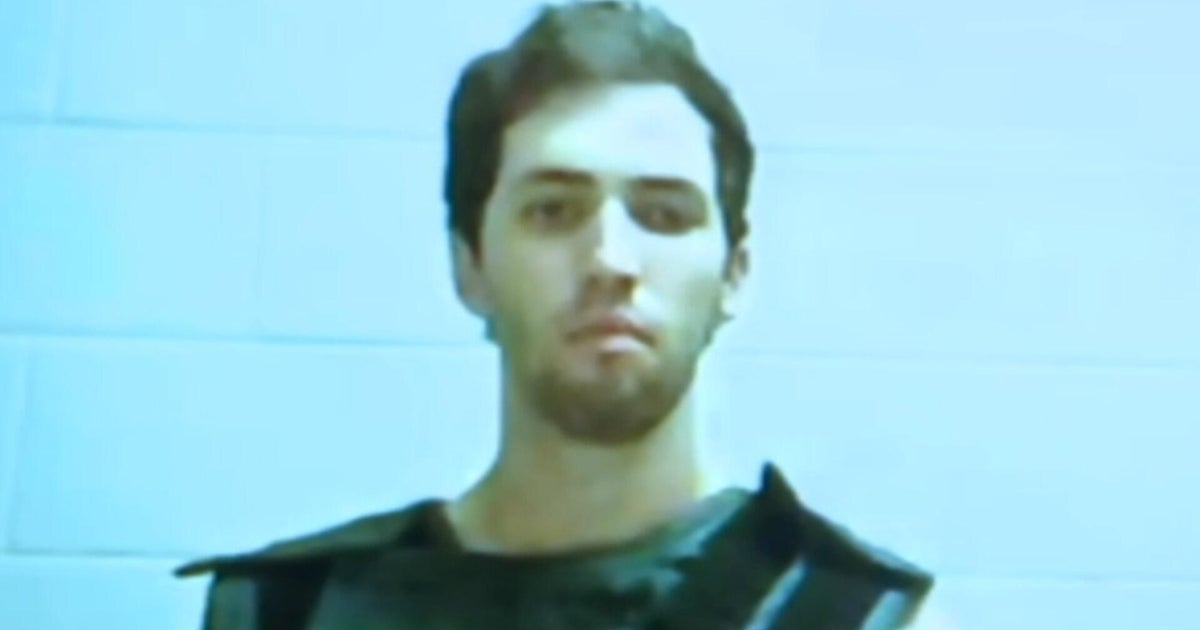More than 1000 students were suspended from NSW schools every week last year as a surging number of children were issued sanctions for bullying, violence, vaping, disruptive behaviour and verbal abuse.
The new figures released by the NSW Education Department come more than a year after a radical overhaul of the state’s public school behaviour policy which handed principals the power to extend the length of suspensions and send students home for persistent bad behaviour.
Across the state’s public primary and high schools, 41,125 students were suspended last year, escalating by 21 per cent compared with 2023. Another 107 pupils were expelled.
Students engaging threatening or violent behaviour were the most common reasons children were sent home, while suspensions for bullying, discrimination and verbal abuse have almost doubled in a year.
Data from the NSW Mental Health Commission reveals almost one-third of public high school students reported being bullied at school in 2023, steadily rising from 22 per cent in 2016.
School behaviour policies have come under intense scrutiny in recent years as teachers have warned chaotic classrooms and poor behaviour are causing them to lose critical instruction time. In term one last year, the state government made sweeping changes to the policy to give principals more autonomy to suspend students.

More than 41,000 students in the NSW public school system were suspended last year.Credit: Janie Barrett
But school leaders and classroom teachers say they need more support as student needs are becoming increasingly complex and vulnerable children remain significantly over-represented in suspensions.
One in four Aboriginal high school students were suspended last year. About 23 per cent of high school students with a disability were sent home from school, rising from 19 per cent the year before.
Overall, about 31,800 public high school students – or one in 10 – were suspended last year, while boys were more than twice as likely as girls to receive a sanction.
There is no requirement for private and Catholic schools to publicly report on suspensions and expulsions.
NSW Secondary Principals’ Council president Denise Lofts said suspensions are a “last resort” but there are “increasing challenges in dealing with complex student needs, and teachers need help to identify and manage those. We also need to make sure schools are safe for teachers and other students in the room”.
David Roy, an education academic at Newcastle University, has taken aim at the new policy, raising concerns suspension rates for vulnerable students are “too high statistically, and there are concerns sanctions could be used when children have disability challenges that leave them with less self-regulation”.
Roy said it was critical students who are being “excluded are given school work to help them not fall behind, which could then exacerbate problems further”.
Almost 9300 primary students were suspended, including 2400 children in kindergarten to year 2. More than 70 per cent of those were receiving an adjustment for a disability.
President of the NSW Primary Principals Association Michael Burgess said suspensions were used as “circuit breakers” to give schools time to respond to escalating disruptive behaviour. The new policy has given authority and control back to principals, he said, and schools are bringing in behaviour specialists to help support students.
Nearly 19,000 students were suspended for threatening or engaging in violent behaviour, about 12,700 for persistent disobedience, about 2400 for misuse of technology and 2700 for vaping or using alcohol or e-cigarettes. There were 947 students sanctioned for using or possessing a weapon, and more than 1100 for sexual harassment.
Australian classrooms are ranked among the most disruptive in the world, the latest international report card shows, with a third of all students saying they do not listen to the teacher in most lessons.
Opposition education spokeswoman Sarah Mitchell said it was deeply concerning that the data shows significant increases in suspensions for some of the most vulnerable students.
“While teachers need to be supported to manage classroom behaviour, there are concerns at-risk students will become further disengaged from their learning,” Mitchell said. “Increasing the number of school suspensions doesn’t fix the underlying behavioural issues – it just creates longer-term problems.”
The then-Coalition state government appointed Donna Cross as its chief behaviour adviser in 2023 to help schools navigate issues such as student conduct and cyberbullying, but her contract was cancelled this year.
Paul Hughes, who has been principal at Rosemeadow Public for almost 20 years, has steadily reduced suspensions at his school over the past decade. “Schools are often dealing with issues that are being compounded in the community, and the more we co-develop strategies with parents and other agencies the better off children will be.
“Parents and students disengaged with school during the pandemic, and so the more we have children enrolled in preschool and engaged in early childhood programs the better. Many suspensions are a result of what’s going on outside the school gates and so schools need a multi-faceted approach to managing it,” he said.
The state’s north-west and south-west had the highest rates of suspensions, followed by the north-east, Central Coast and south-west Sydney.
Loading
A NSW Education Department spokesperson said while the number of suspensions had increased, the average number of days students were suspended fell from 5.3 to 4.2.
“Changes to the behaviour policy in 2024 gave principals more clarity around reasons for suspension and authority to take action,” they said.
“We know more work is needed to improve disproportionate suspensions among certain equity groups and we remain committed to addressing this through increased behaviour and wellbeing support.”
Most Viewed in National
Loading



